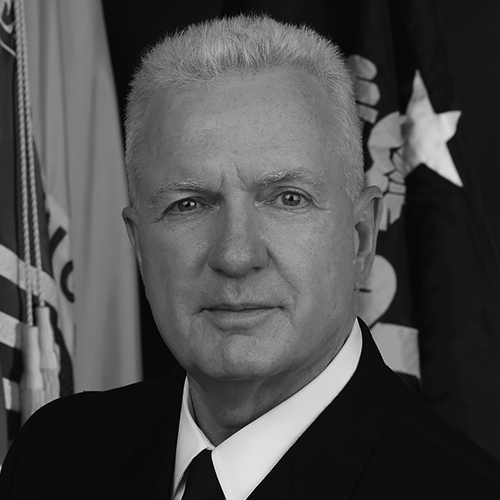
ADM Brett P. Giroir, M.D.
Assistant Secretary for Health
We live in unprecedented times, united together against COVID-19. The times are also unprecedented for those suffering with substance use disorders (SUDs), as they experience new stressors, societal disruptions, and reduced opportunities for treatment and recovery services.
Unaccounted victims
Unfortunately, even before the COVID-19 pandemic, America’s progress was slowing; overdoses were threatening to take the lives of even more Americans this year than last. From 2017-2018, deaths involving synthetic opioids increased by 10%, deaths involving cocaine increased by 5%, and deaths involving psychostimulants (like methamphetamine) increased by over 20%.[1] These trends continued throughout 2019. Psychostimulants now surpass prescription drugs and cocaine as the second most fatal category of abused drugs.[2]
We also know that during the COVID-19 pandemic, people have been using more drugs, more frequently, and in deadlier combinations. Suspected overdoses tracked by the Overdose Detection and Mapping Application Program (ODMAP) have risen over 16% per year. ODMAP data also shows that overdose clusters have shifted from urban areas to rural and adjacent localities.[3]
Data from nationwide drug screening programs also demonstrates increasing polysubstance use of both methamphetamines and illicit fentanyl or fentanyl analogs – a particularly deadly combination. Therefore, it is clear that the COVID-19 pandemic has silent victims, uncounted in the numbers, but just as real and just as tragic.
Ending the crisis
The U.S. Department of Health and Human Services (HHS) continues to act aggressively to support recovery from SUDs, exercising regulatory flexibility to support alternatives to traditional care, such as telemedicine. We continue to emphasize the importance of medication-assisted treatment and social support services. Every day, we fight to break down stigma and prejudice and work to prevent infectious consequences of intravenous drug use, such as HIV and viral hepatitis. We are relentless in our research for new treatments and prevention strategies, including potential vaccines against particularly deadly illicit drugs.
HHS is committed. My office is committed. I am committed. At no time has a whole-of-society approach been more critical to ending the overdose crisis.
[1] https://www.cdc.gov/mmwr/volumes/69/wr/mm6911a4.htm?s_cid=mm6911a4_w
[2] https://www.cdc.gov/nchs/nvss/vsrr/drug-overdose-data.htm
[3] http://odmap.org/Content/docs/news/2020/ODMAP-Report-May-2020.pdf

